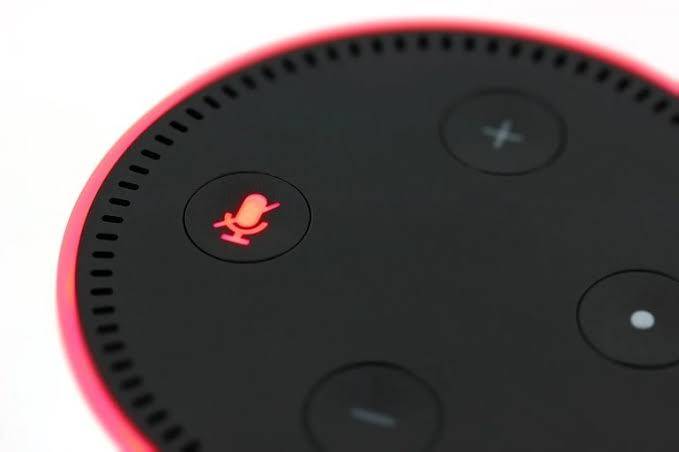Ever noticed online ads following you that are eerily close to something you’ve recently talked about with your friends and family? Microphones are embedded into nearly everything today, from our phones, watches, and televisions to voice assistants, and they are always listening to you. Computers are constantly using neural networks and AI to process your speech, in order to gain information about you. If you wanted to prevent this from happening, how could you go about it?
Back in the day, as portrayed in the hit TV show “The Americans,” you would play music with the volume way up or turn on the water in the bathroom. But what if you didn’t want to constantly scream over the music to communicate?
Columbia Engineering researchers have developed a new system that generates whisper-quiet sounds that you can play in any room, in any situation, to block smart devices from spying on you. And it’s easy to implement on hardware like computers and smartphones, giving people agency over protecting the privacy of their voice.
“A key technical challenge to achieving this was to make it all work fast enough,” said Carl Vondrick, assistant professor of computer science.
“Our algorithm, which manages to block a rogue microphone from correctly hearing your words 80% of the time, is the fastest and the most accurate on our testbed.
“It works even when we don’t know anything about the rogue microphone, such as the location of it, or even the computer software running on it. It basically camouflages a person’s voice over-the-air, hiding it from these listening systems, and without inconveniencing the conversation between people in the room.”




